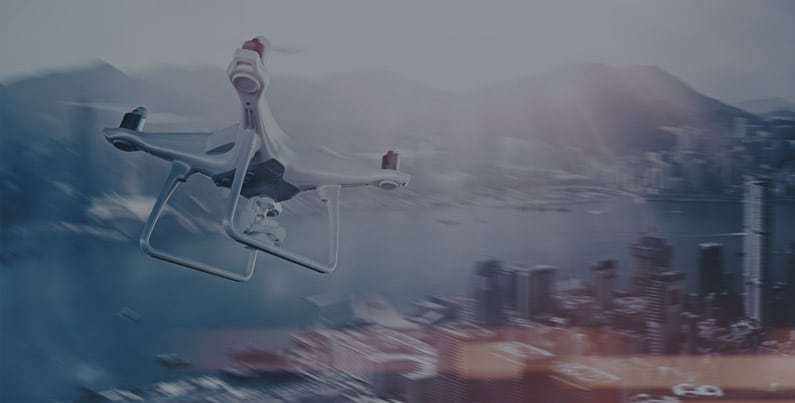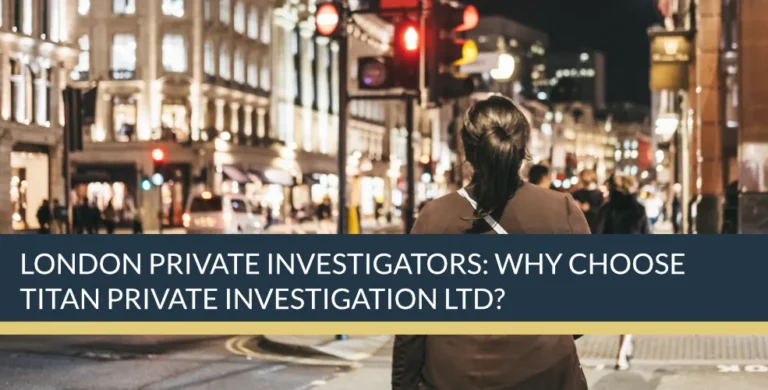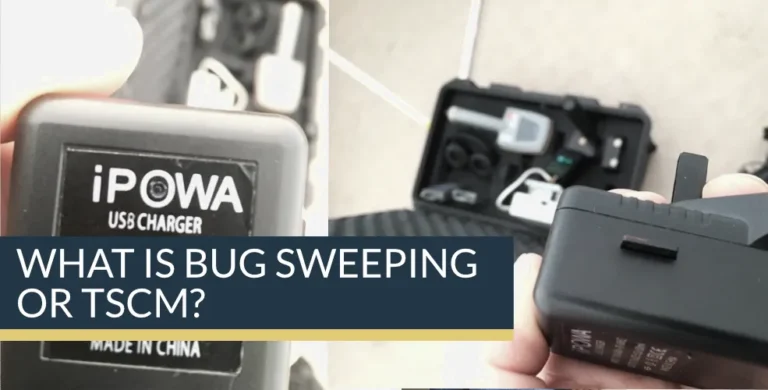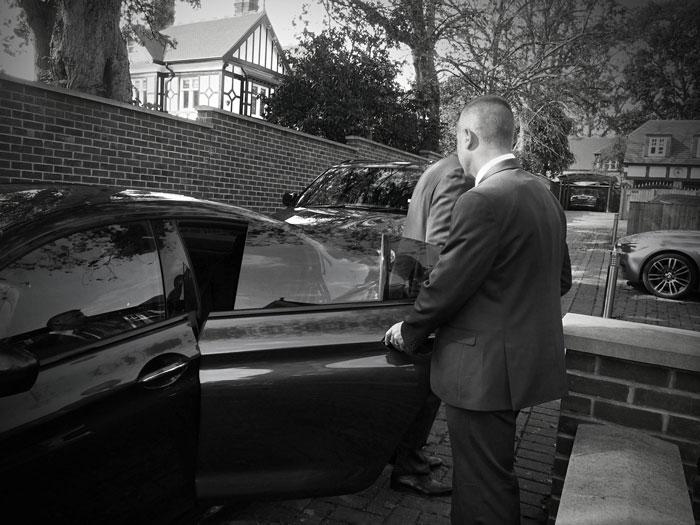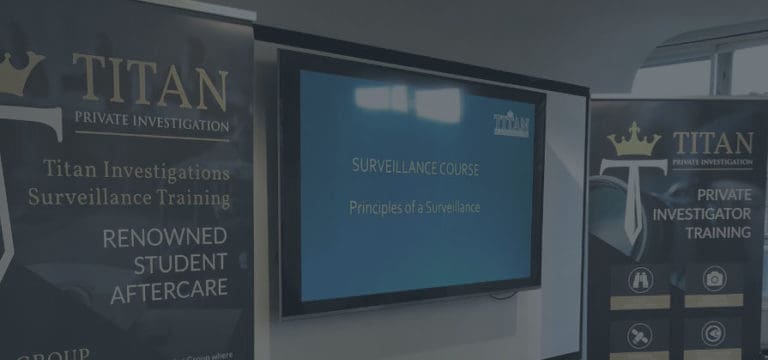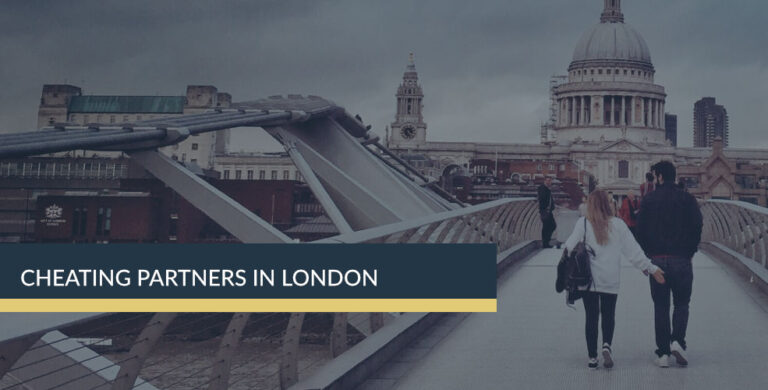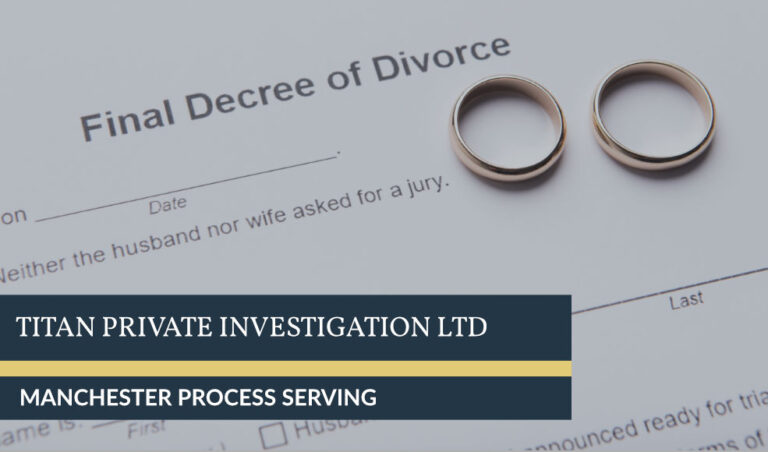Legitimate Use of Drones in Private Surveillance?
Is there a place for drones in the private surveillance industry?
Is the use of drones legal?
The answer, in short, is ‘yes’, however with some provisos. The CAA (Commercial Aviation Authority) admits that the rules and regulations around drone use are “evolving”, but this is the current status: drones are classified as “unmanned aircraft”, and the CAA is keen to point out that they are most certainly a type of aircraft and “not toys”.
The commercial use of drones is licensed by the CAA meaning that if you use a drone during the course of your work then you will need a license. To apply for a Permission for Commercial Operations (PfCO) you will have to successfully complete a CAA approved commercial pilot qualification. This qualification involves both theory and practical assessments and is pass/fail.
What are the CAA flying guidelines?
You are required to fly the aircraft “within sight”. This means not above 400 feet in altitude or further than 500 metres horizontally. If you wish to exceed this, then you will need to seek explicit permission from the CAA. You must avoid flying it within 150 metres of a congested area and 50 metres of a person, vessel, vehicle or structure not under the control of the pilot.
What current legislation is in place regarding drones?
1. ICO (Data Protection)
“The Information Commissioner is certainly re-examining the guidance not just on CCTV but how this might also apply to drone technology or other ways in which camera technology is used to collect information that might go beyond that user’s own private purposes,” she said.
“I think users of the technology need to think carefully about whether or not they are potentially going to be recording images of other individuals, because if they are going to be filming other people in public spaces – for example not within the context of their own home – then they might be picking up obligations under UK data protection law.”
People also need to think carefully about sharing images or recordings that have been captured using a drone on social media, as these can quickly go from being private to public. Many social networks including Facebook and Twitter state in their terms and conditions that they can license user content to other companies or organisations.
Ms Annereau suggested that there is an argument for drone owners to take out insurance, not only to protect the device from damage, but also to protect themselves in case they cause somebody some injury, their recording infringes on the privacy of an individual, or someone regards their use of that technology as a form of harassment.
“There is a whole host of considerations here. We’ve got the aviation law, we’ve got data protection, we’ve got privacy, we’ve got confidentiality and harassment. It’s the aeronautical equivalent of a minefield,” she said.
“The lines are becoming very blurred between when is something purely domestic and when does it stray into the commercial. It won’t always be clear when that’s the case.”
As mentioned, the rules governing the use of drones are still evolving. The House of Lords EU Committee suggests that all commercial drone operators should register their drones on an online database or app in the near future and that in the longer term this should encompass leisure users as well.
“Public understanding of how to use drones safely may not keep pace with people’s appetite to fly them. It would just take one disastrous accident to destroy public confidence and set the whole industry back,” said Committee Chairman Baroness O’Cathain last March.
“That is why a key recommendation is that drone flights must be traceable, effectively through an online database, which the general public could access via an app. We need to use technology creatively, not just to manage the skies, but to help police them as well.”
Ms Annereau added that, as more and more people are given drones as gifts, there are likely to be many more cases of people using them in circumstances that present risks, or rub up against either civil aviation law or data protection, and the laws will be forced to adapt.
2. Regulation of Investigatory Powers Act 2000
People quote this legislation a lot but I’m not sure why. It doesn’t apply to private companies, only public bodies unless you are working on their behalf. A list of these bodies can be seen below;
- Charity Commission
- Criminal Cases Review Commission
- Common Services Agency for the Scottish Health Service
- A county council or district council in England & Wales
- Department for Transport, for the purposes of:
- Marine Accident Investigation Branch
- Rail Accident Investigation Branch
- Air Accidents Investigation Branch
- Maritime and Coastguard Agency
- A district council within the meaning of the Local Government Act (Northern Ireland) 1972
- Department of Agriculture and Rural Development for Northern Ireland
- Department of Enterprise, Trade and Investment for Northern Ireland
- Department of Health
- Department of Trade and Industry
- Environment Agency
- Financial Services Authority
- A fire and rescue authority
- Fire Authority for Northern Ireland
- Food Standards Agency
- Gambling Commission
- Gangmasters Licensing Authority
- Government Communications Headquarters
- Health and Safety Executive
- HM Revenue and Customs
- Home Office (for the purposes of the UK Border Agency)
- Independent Police Complaints Commission
- Information Commissioner
- A Joint Board where it is a fire authority
- Ofcom
- Office of Fair Trading
- The Pensions Regulator
- Office of the Police Ombudsman for Northern Ireland
- Port of Dover Police
- Port of Liverpool Police
- Post Office Investigation Branch
- Postal Services Commission
- NHS ambulance service Trust
- NHS Counter Fraud and Security Management Service
- Northern Ireland Ambulance Service Health and Social Services Trust
- Northern Ireland Health and Social Services Central Services Agency
- Royal Navy Regulating Branch
- Royal Military Police
- Royal Air Force Police
- Scottish Ambulance Service Board
- A Scottish council where it is a fire authority
- Scottish Environment Protection Agency
- Secret Intelligence ServiceSecurity Service
- Serious Fraud Office
- The special police forces (including the Scottish Drug Enforcement Agency)
- The territorial police forces
- Welsh Ambulance Services NHS Trust
3. The Human Rights Act 1998
Article 8 – Respect for your private and family life
Article 10 – Freedom of expression
Once again, people quote the above 2 articles of the Human Rights Act but it doesn’t apply to private companies, it only applies to public bodies such as the Police and Local Authorities.
4. Drones and Privacy Laws
Another favourite that is quoted by people. What privacy laws? There aren’t any unless you’re trespassing for example.
Summary
The law’s involving the use of drones is quite obviously evolving and no reputable investigation company wants to be involved in a test case.
However, as long as you study your objectives and can justify the use of a drone against those by asking yourself, ‘Is it necessary? Is it proportionate? Is there a less intrusive method?’ Then you shouldn’t go wrong. Combine this with the CAA guidelines as regards PfCO and fly in accordance with the CAA flying guidelines.
Use of Drones in Private Surveillance – Require more information?
One of Titan Private Investigations team is always available to answer your questions and provide yuo with information and guidance. All calls will be treated in the utmost of confidence. Titan Private Investigation offer our services nationally and can be contacted or visited at one of the office locations below;
Private Investigation Derby (Head Office) Call 01332 650029
Private Investigation London Call 020 31371150
Private Investigation Nottingham Office Call 0115 824 2244
Private Investigation Leicester Office Call 0116 326 0777
Private Investigation Sheffield Office Call 0114 3032426
Alternatively, contact us by email at enquiries@titaninvestigations.co.uk or use our discreet and fully confidential contact form and one of our team will get right back to you.

